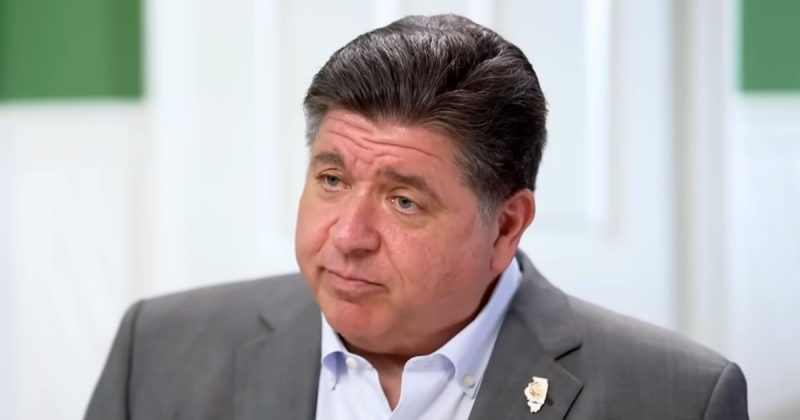Illinois Gov. JB Pritzker (D) was caught off guard last month when the state Senate quietly approved a measure legalizing physician-assisted suicide by embedding it into an unrelated food safety bill.
The late-night maneuver bypassed public scrutiny, leaving the Democrat governor to decide whether to sign legislation that opponents say abandons vulnerable patients under the guise of “dignity.”
The amendment, now awaiting Pritzker’s signature, declares that “medical aid in dying is part of general medical care and complements other end-of-life options, such as comfort care, pain control, palliative care, and hospice care.”
Proponents argue it gives terminally ill residents autonomy over their final months, while critics warn it normalizes the deliberate ending of life.
“This proposal would legalize the abandonment of the desperate, dressing suicide as ‘dignity’ while the state and conniving doctors wash their hands of the duty to protect life,” said Calvin Lindstrom, pastor of the Church of Christian Liberty in Arlington Heights, according to LifeSite News. “May God’s people bring a witness of true hope in the face of death.”
According to the Chicago Sun-Times, the legislation narrowly cleared the Senate 30-27 during the fall veto session, following a slim three-vote House approval months earlier.
Pritzker expressed surprise at the timing.
“It was something that I didn’t expect and didn’t know was going to be voted on, so we’re examining it even now,” he said.
The governor acknowledged the suffering of terminally ill residents but indicated he would weigh broader ethical and societal implications before acting.
Supporters of the bill, including Democratic Aurora State Sen. Linda Holmes, framed it as a compassionate choice for those in pain.
“If you are opposed to it, whether the reason is moral, religious, or personal, fine,” Holmes said during a debate. “I would never tell you to choose this option. But why, if facing a terminal illness, should anyone prevent alleviation of suffering?”
Under the legislation, adults 18 and older with a terminal diagnosis could request a life-ending prescription after evaluations by a physician and a mental health professional.
Multiple oral and written requests would be required, with witnesses attesting. Doctors must discuss other end-of-life options, such as hospice, while participation in prescribing medications remains voluntary.
Opponents, including State Sen. Chris Balkema (R-Channahon) and the Catholic Conference of Illinois, warned the measure threatens ethical and societal values.
“Assisted suicide forces doctors into a role that contradicts their professional ethics,” Balkema said.
The archdiocese urged a veto, arguing that passing the bill alongside suicide prevention programs sends a contradictory message.
Critics also highlight potential dangers of assisted suicide drugs.
According to Live Action, paralytics used can make patients appear peaceful while they actually drown in their own secretions.
Experimental drugs have caused burns to mouths and throats, and some patients took up to 30 hours to die, with a few surviving as long as seven days.
Ten states and Washington, D.C., currently allow physician-assisted suicide.
If signed, Illinois would become the 11th, joining ongoing efforts in Montana and New York.
Advocates emphasize patient autonomy and relief from suffering, while opponents warn the legislation could set a dangerous ethical precedent.
Pritzker has two months to decide, leaving Illinois residents and national observers awaiting a decision that could redefine end-of-life care in the state and shape the ethical debate for years to come.

